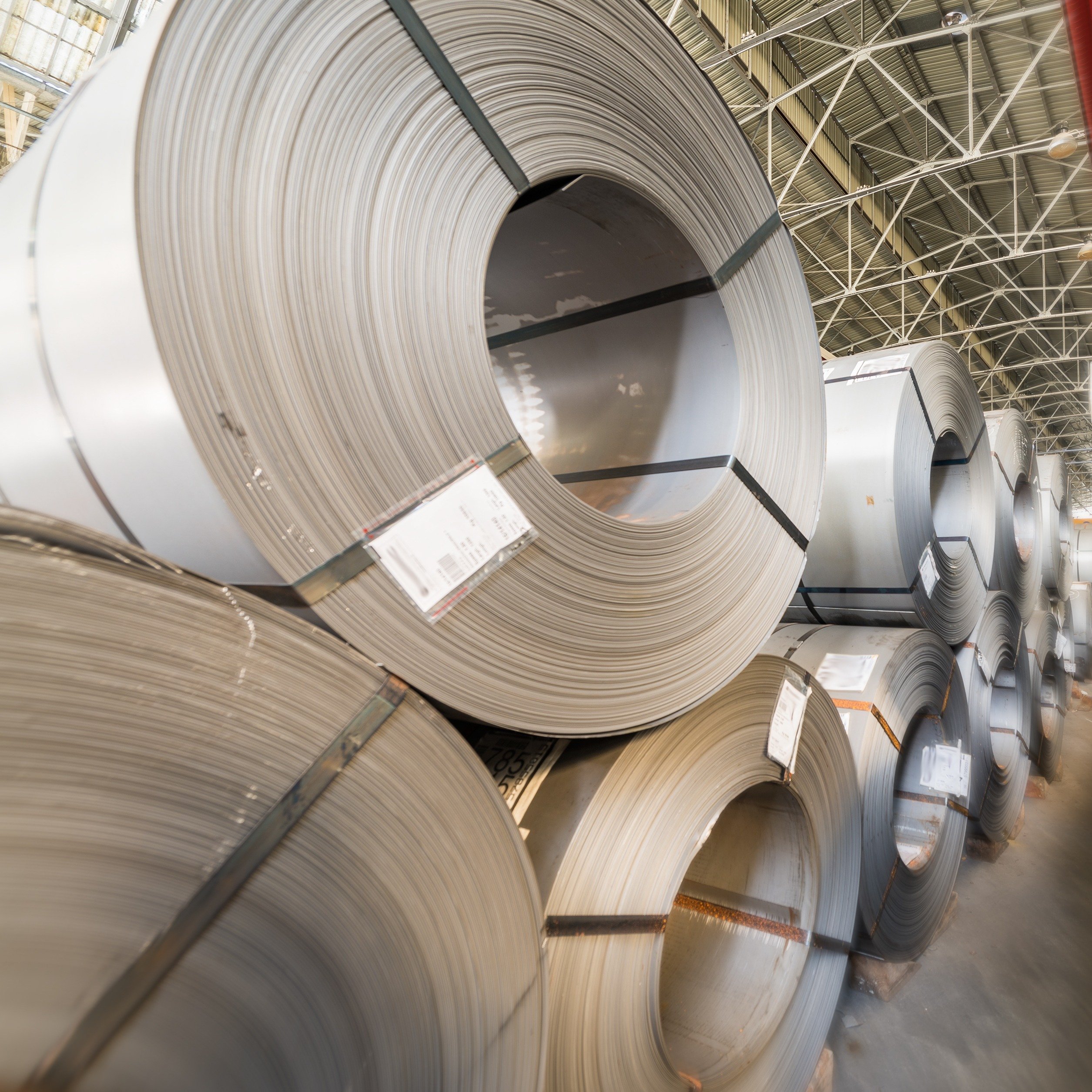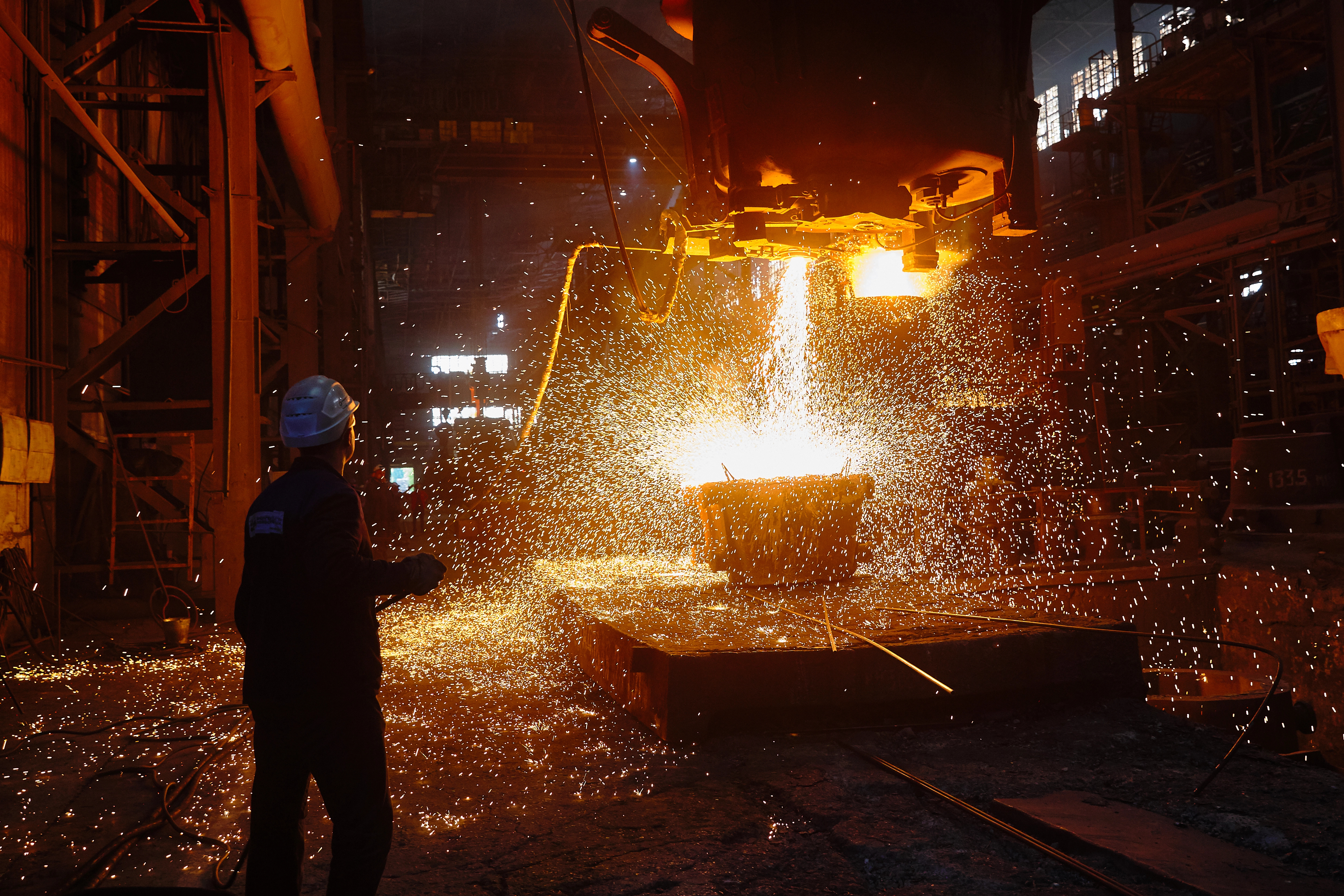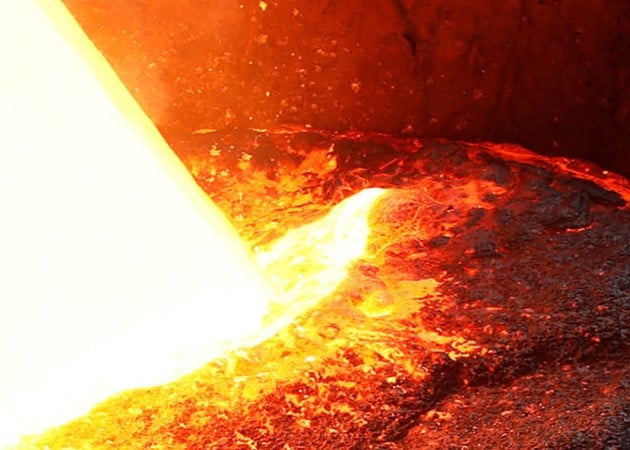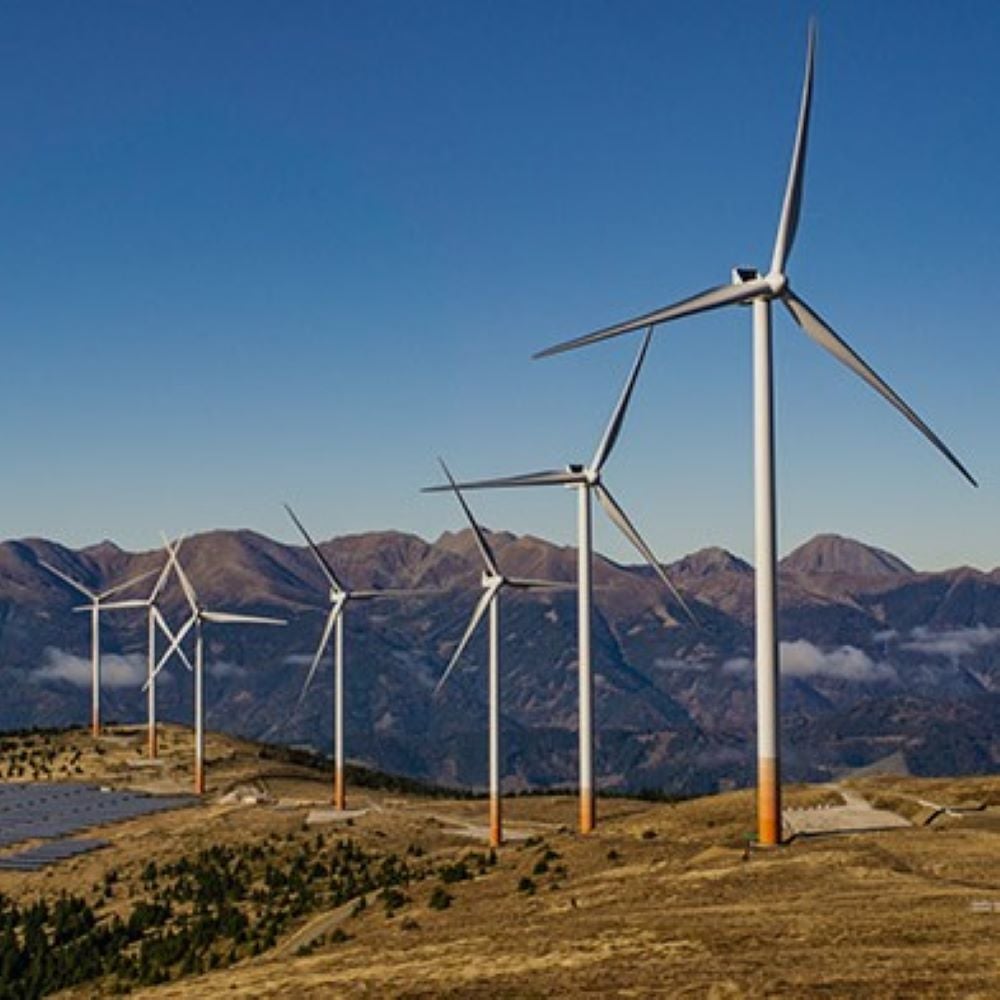European economies have proven to be more resilient than we and most other analysts had expected.The recently published growth figures for 2022 Q4 show that the eurozone was able to avoid a recession, posting growth of 0.1% q/q in the final quarter of the year. While this is still weak growth compared to the CRU's forecast from early last year, it is significantly better than the -0.6% q/q growth predicted by CRU in September (see Figure 1, left hand side). European economies also outperformed our GDP nowcast, which tracks GDP growth in the four major European economies using high-frequency indicators and a dynamic factor model. Our nowcast results expected a sharp decline in q/q growth for Germany, Italy, and France in 2022 Q4. However, official figures show that only Germany and Italy recorded negative growth and milder than expected at -0.2% and -0.1% q/q, respectively. France and Spain grew by 0.1% and 0.2% q/q. The question that arises is why European economies have outperformed relative to analyst expectations and widely watched indicators such as PMI surveys. The answer lies in a mixture of the adaptability of European industry, support from economic policy, and some luck. First, government support, amounting to 1.2% of European Union GDP, was effective in fighting the recession by mitigating the pain of high energy prices for firms and households. Second, the unexpectedly sharp drop in gas prices due to a comparatively mild winter as well as the European ability to substitute Russian pipeline gas with LNG and other sources have further mitigated the economic impact of the energy crisis. Third, European economies still benefited from the easing of supply chain problems and reopening effects with well-filled order books and consumer savings accumulated during the pandemic. These factors were why we expected strong growth back in January 2021, and they have helped to offset the impact of the energy crisis (which we did not anticipate). Finally, the private sector has proven more resilient than expected in dealing with the energy shock. Large parts of the private sector were able to reduce energy consumption while maintaining production at normal levels. A survey conducted by the German IFO Institute at the end of November showed that 75% of German industrial companies were able to reduce gas consumption without cutting production as shown in the right chart of Figure 1. Only 14% reported that the reduction in gas consumption led to a reduction in production. Figure 1: Eurozone economies show resilience DATA: CRU, Oxford Economics, IFO |
If you are keen to hear more about our views on the European and the global economy, please refer to our Global Economic Outlook and/or get in touch with our team.
















